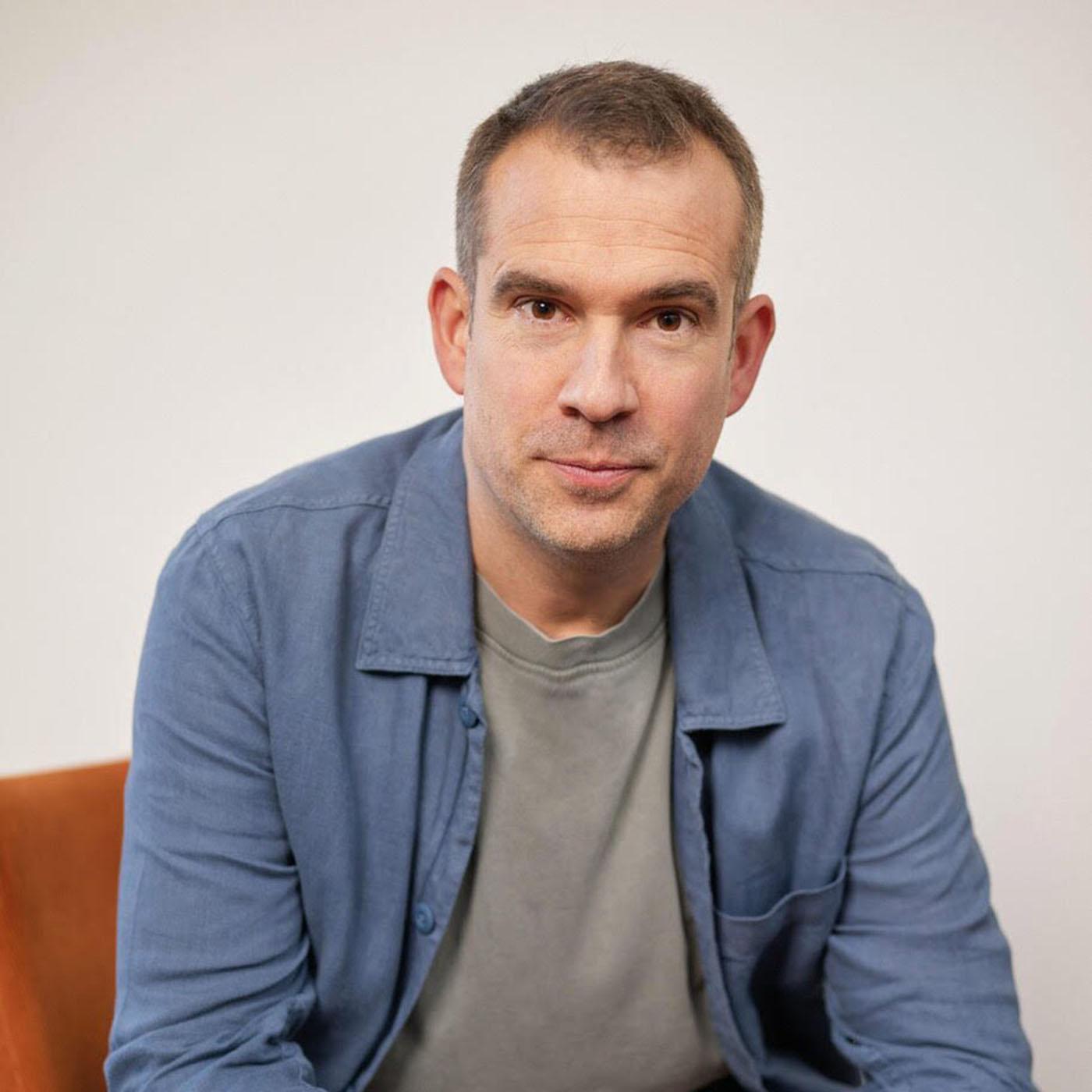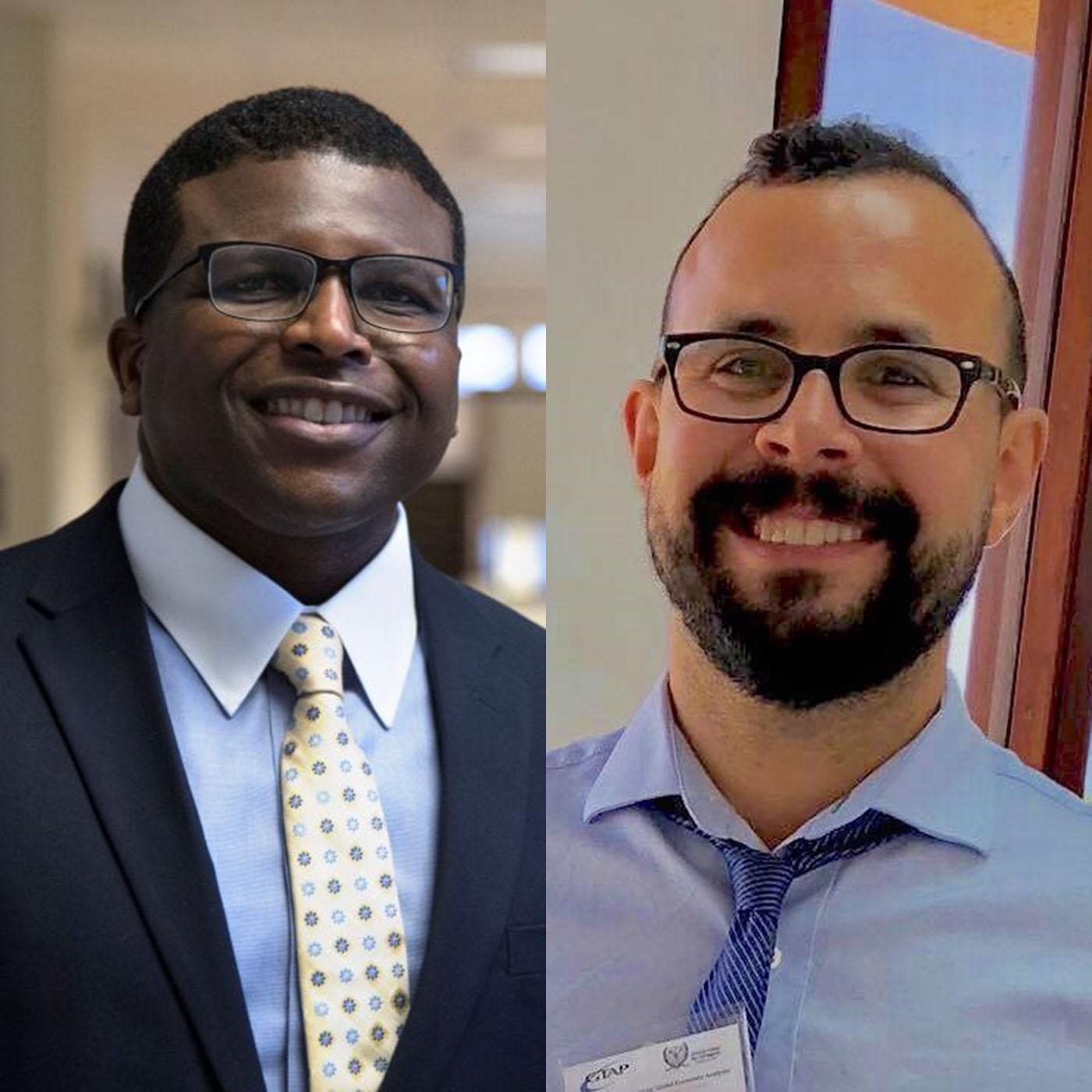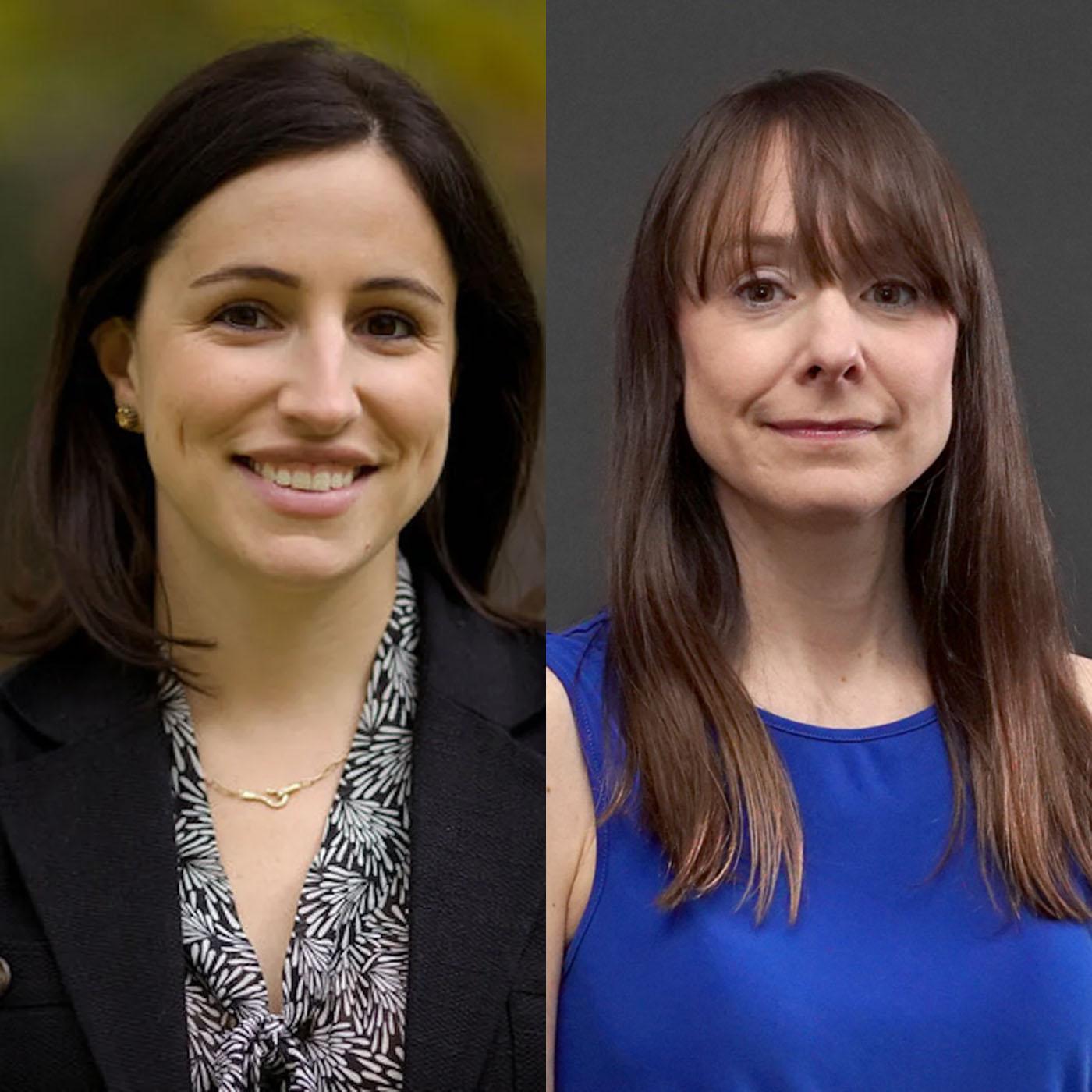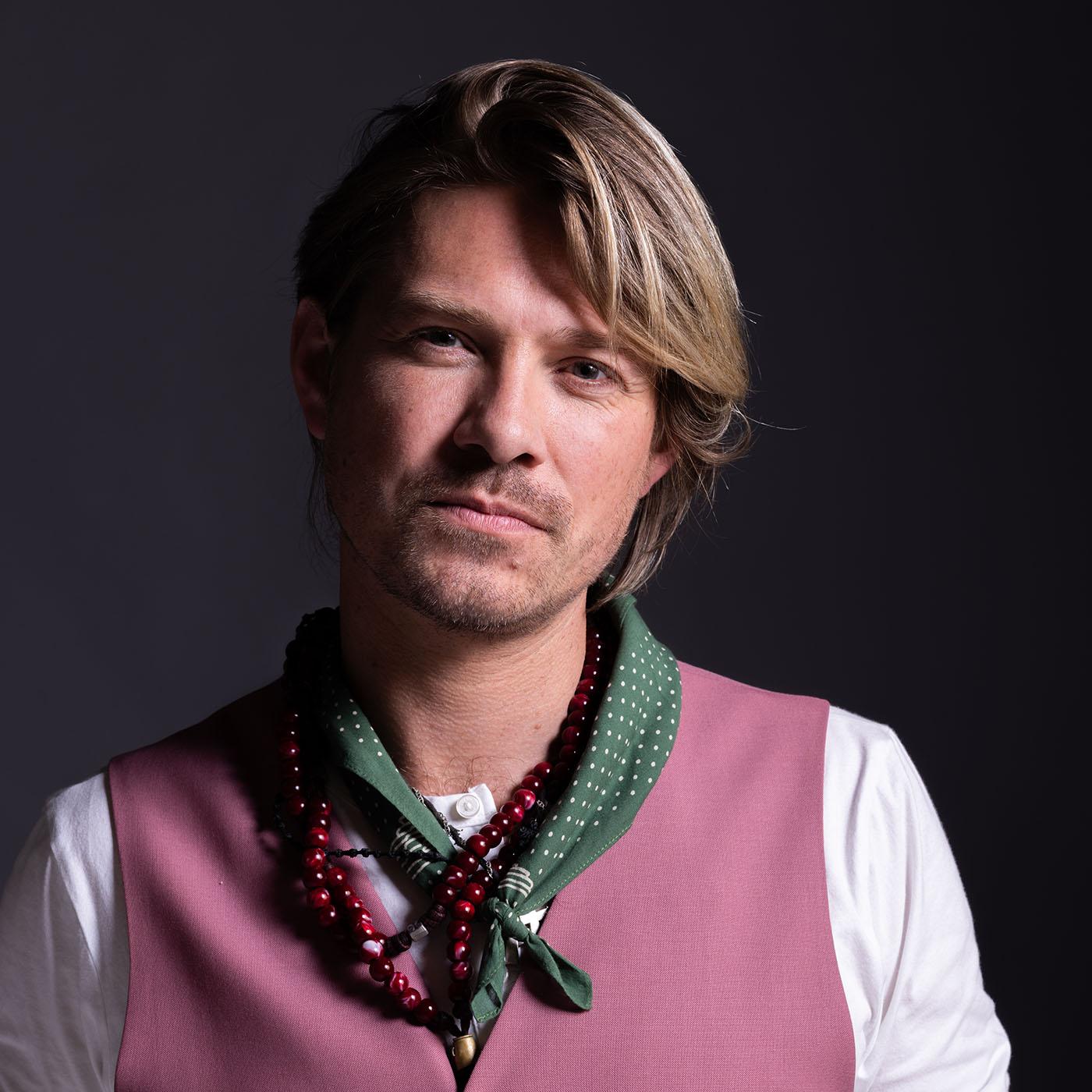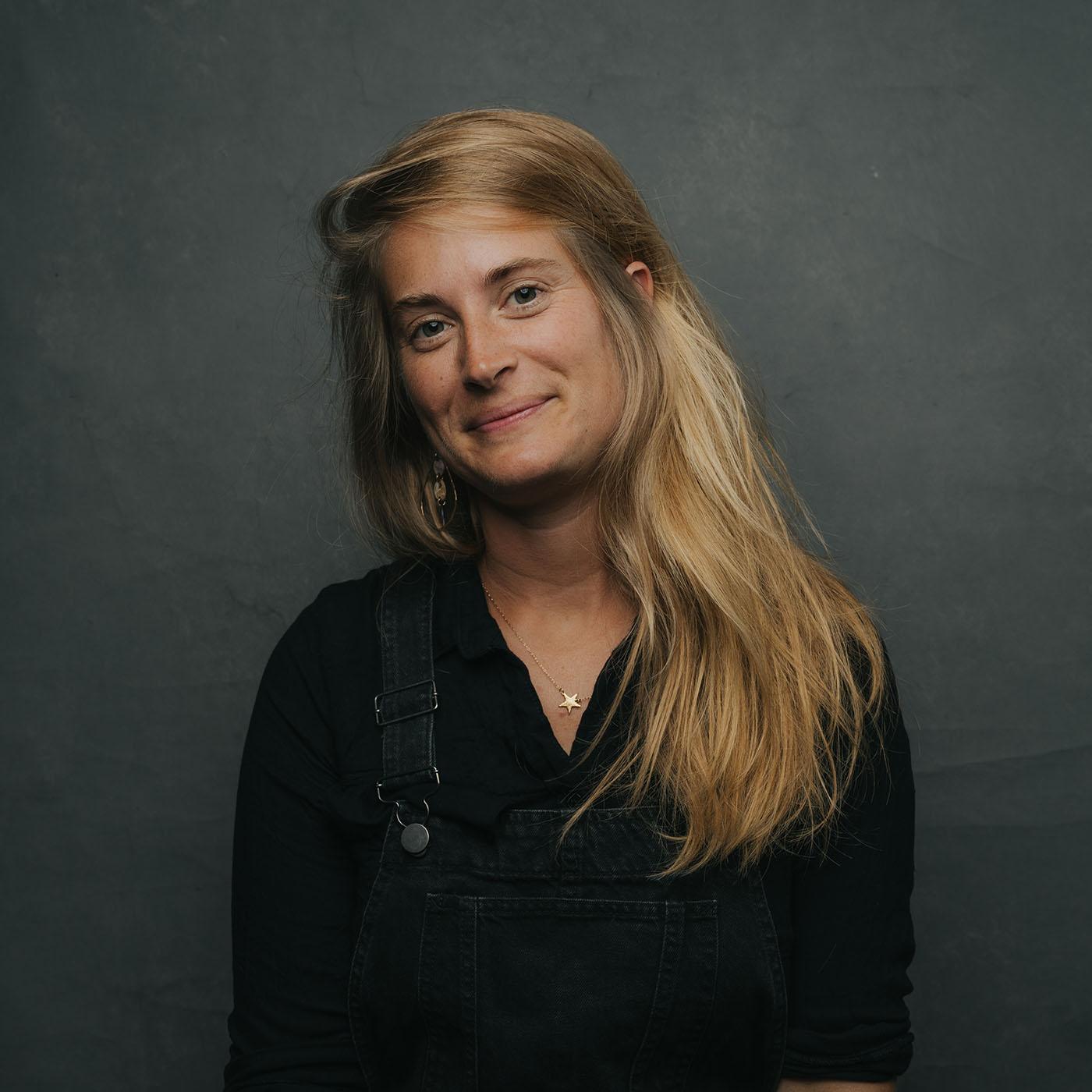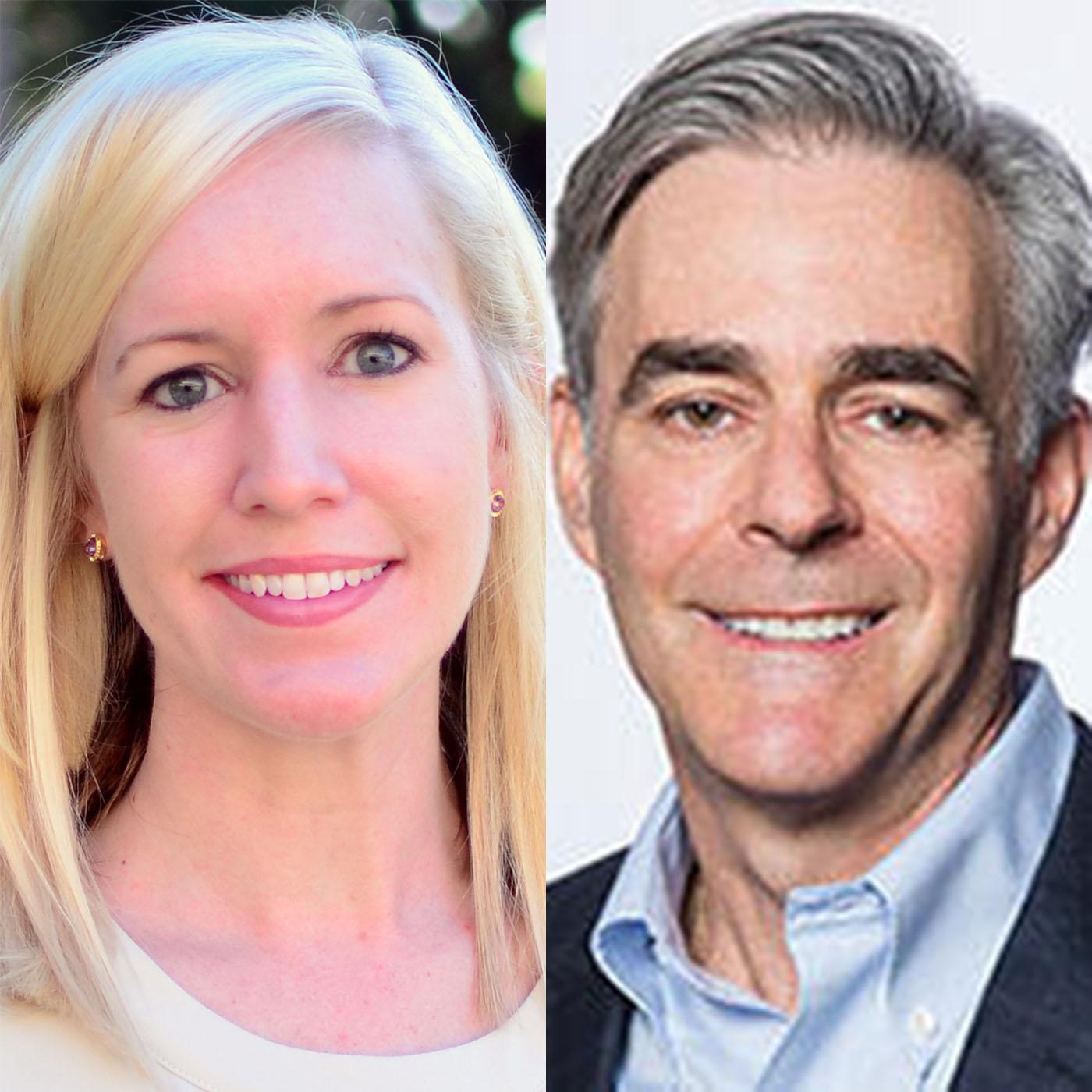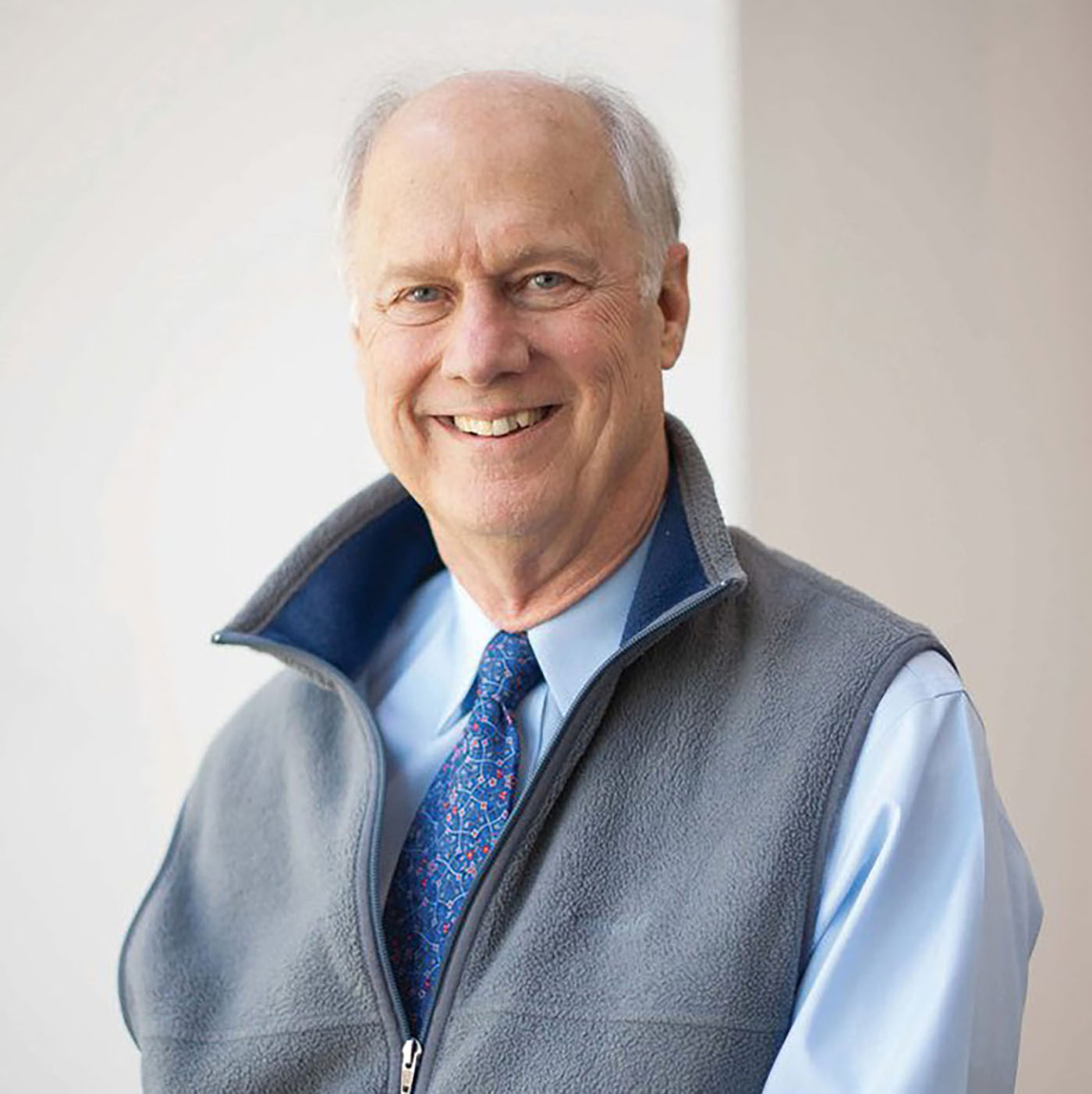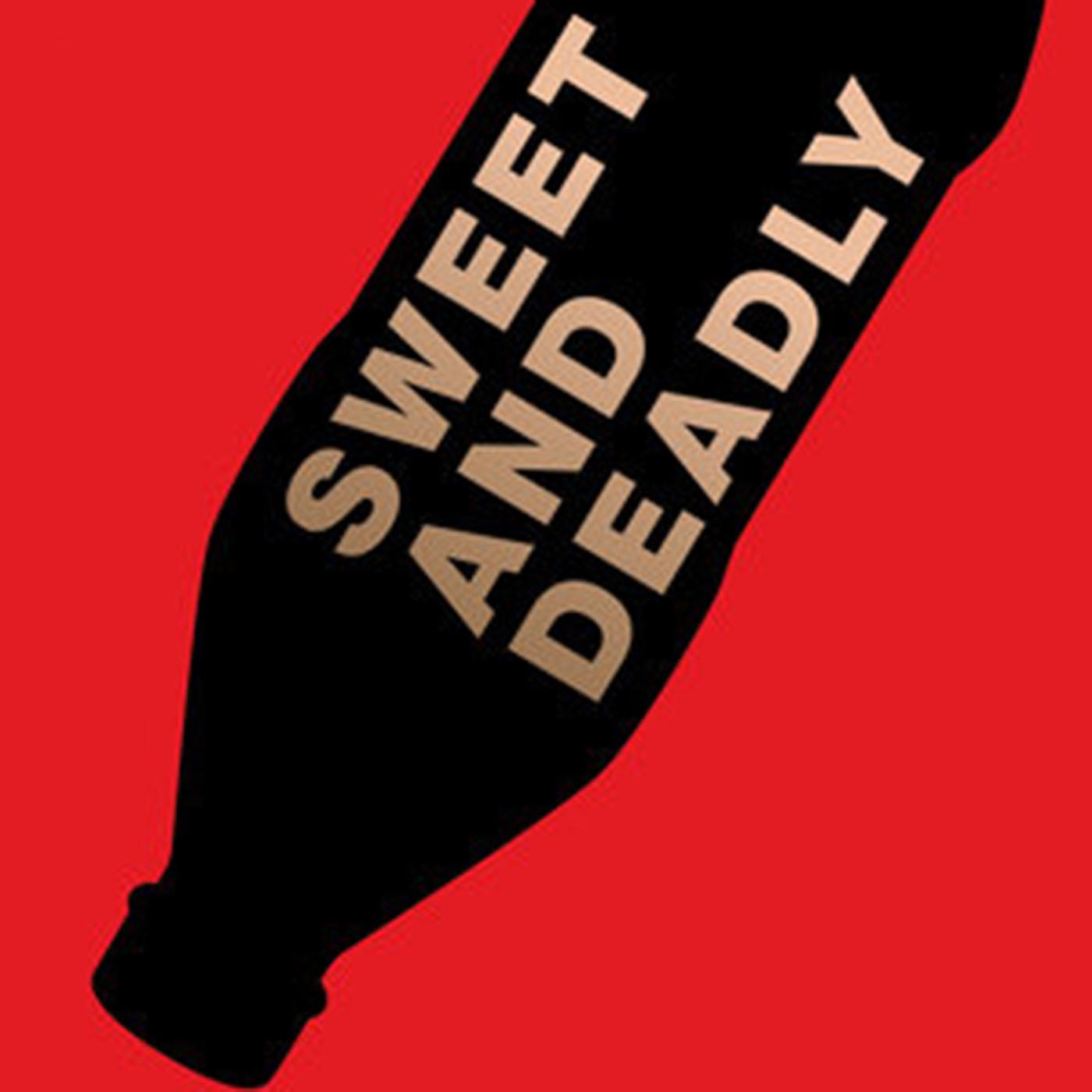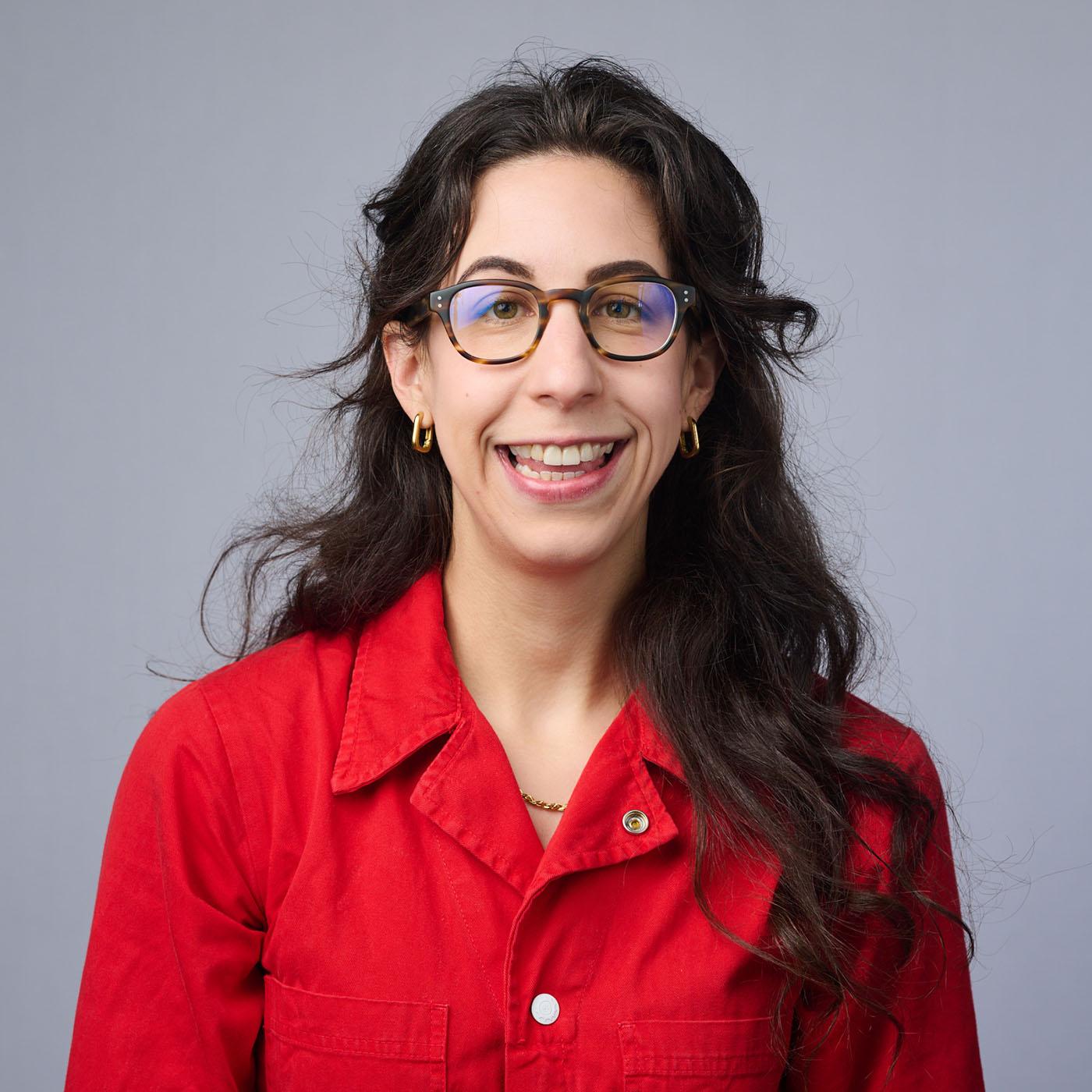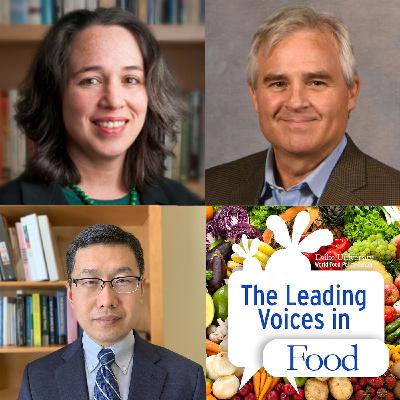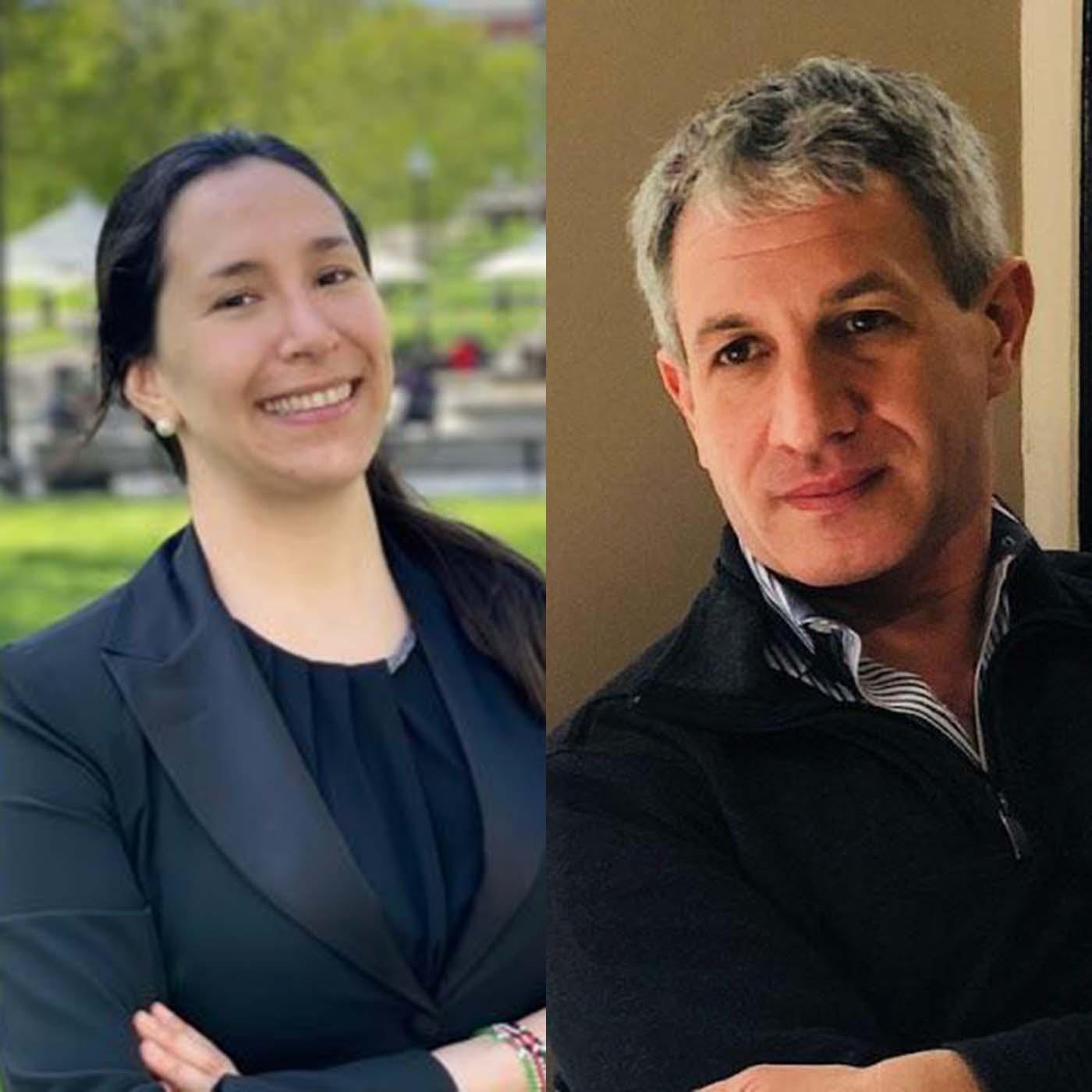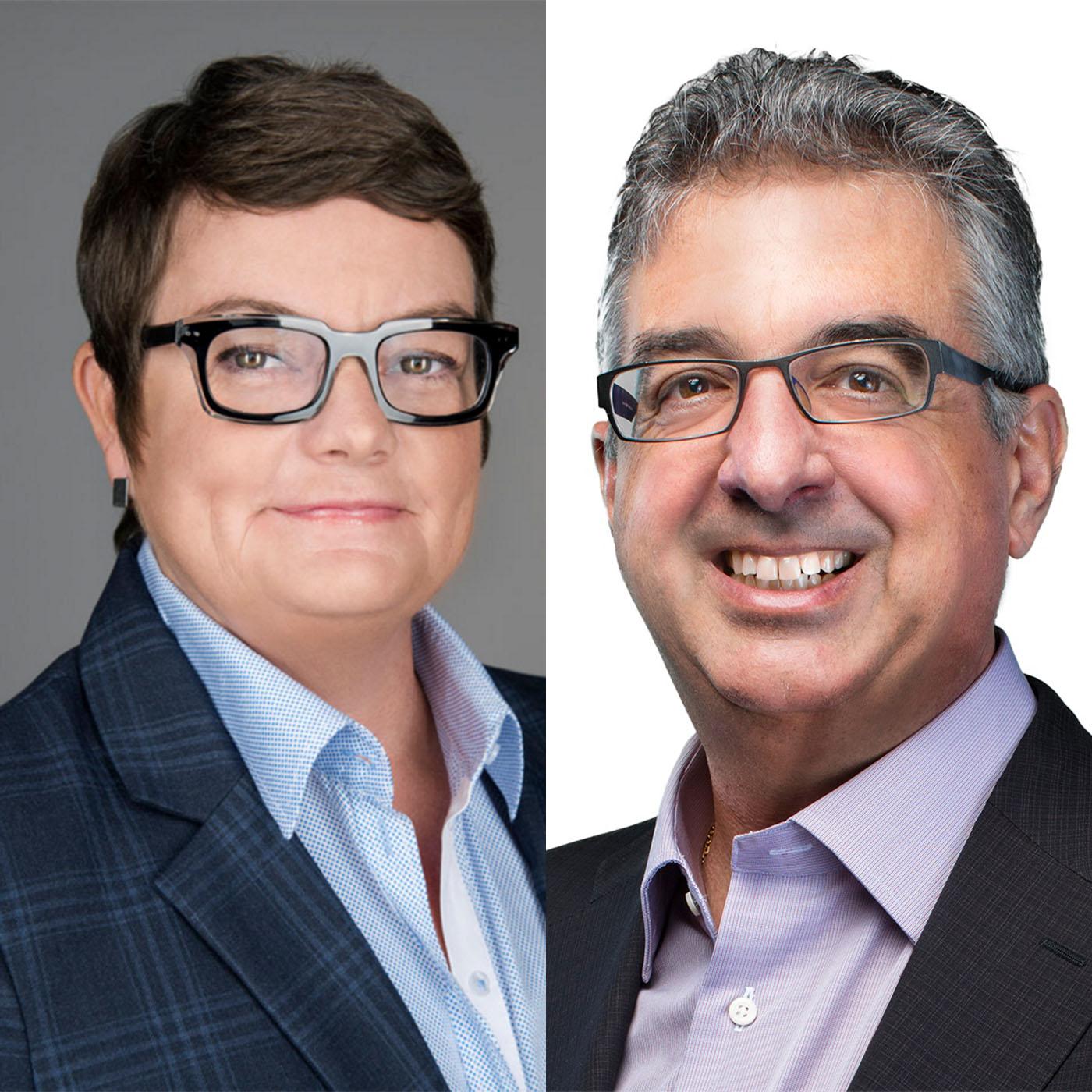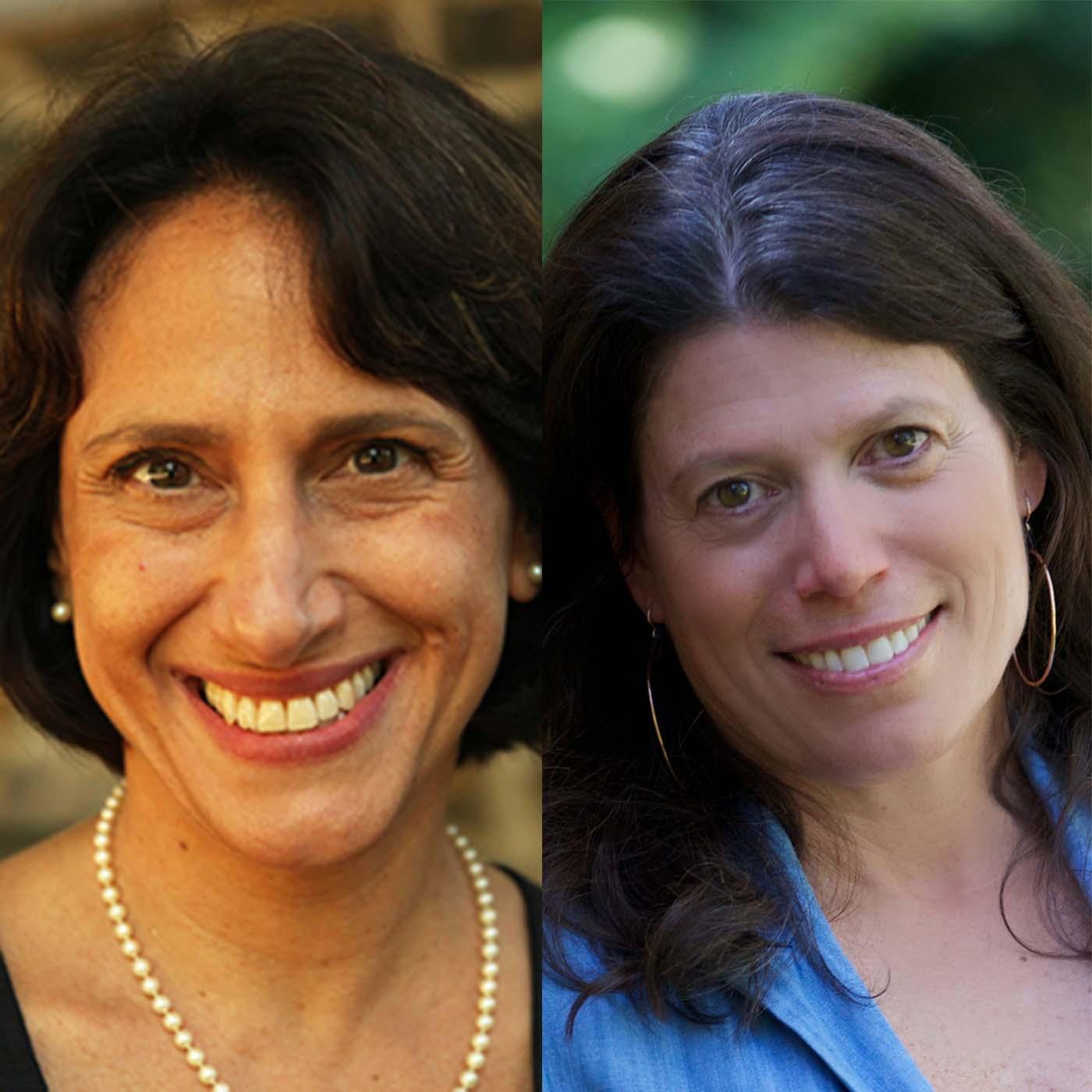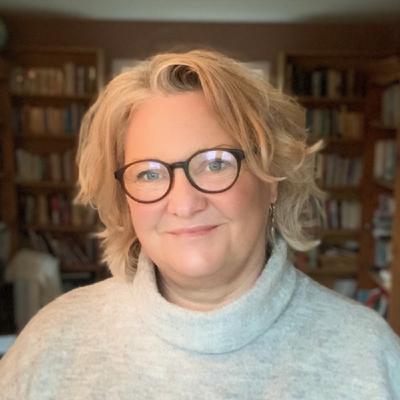E281: Is ultra-processed food still food?
Description
Lots of talk these days about ultra-processed foods (UPFs). Along with confusion about what in the heck they are or what they're not, how bad they are for us, and what ought to be done about them. A landmark in the discussion of ultra-processed foods has been the publication of a book entitled Ultra-processed People, Why We Can't Stop Eating Food That Isn't Food. The author of that book, Dr. Chris van Tulleken, joins us today. Dr. van Tulleken is a physician and is professor of Infection and Global Health at University College London. He also has a PhD in molecular virology and is an award-winning broadcaster on the BBC. His book on Ultra-processed People is a bestseller.
Interview Summary
Chris, sometimes somebody comes along that takes a complicated topic and makes it accessible and understandable and brings it to lots of people. You're a very fine scientist and scholar and academic, but you also have that ability to communicate effectively with lots of people, which I very much admire. So, thanks for doing that, and thank you for joining us.
Oh, Kelly, it's such a pleasure. You know, I begin some of my talks now with a clipping from the New York Times. And it's a picture of you and an interview you gave in 1995. So exactly three decades ago. And in this article, you just beautifully communicate everything that 30 years later I'm still saying. So, yeah. I wonder if communication, it's necessary, but insufficient. I think we are needing to think of other means to bring about change.
I totally agree. Well, thank you by the way. And I hope I've learned something over those 30 years. Tell us, please, what are ultra-processed foods? People hear the term a lot, but I don't think a lot of people know exactly what it means.
The most important thing to know, I think, is that it's not a casual term. It's not like 'junk food' or 'fast food.' It is a formal scientific definition. It's been used in hundreds of research studies. The definition is very long. It's 11 paragraphs long. And I would urge anyone who's really interested in this topic, go to the United Nations Food and Agricultural Organization website. You can type in NFAO Ultra and you'll get the full 11 paragraph definition. It's an incredibly sophisticated piece of science. But it boils down to if you as a consumer, someone listening to this podcast, want to know if the thing you are eating right now is ultra-processed, look at the ingredients list. If there are ingredients on that list that you do not normally find in a domestic kitchen like an emulsifier, a coloring, a flavoring, a non-nutritive sweetener, then that product will be ultra-processed. And it's a way of describing this huge range of foods that kind of has taken over the American and the British and in fact diets all over the world.
How come the food companies put this stuff in the foods? And the reason I ask is in talks I give I'll show an ingredient list from a food that most people would recognize. And ask people if they can guess what the food is from the ingredient list. And almost nobody can. There are 35 things on the ingredient list. Sugar is in there, four different forms. And then there are all kinds of things that are hard to pronounce. There are lots of strange things in there. They get in there through loopholes and government regulation. Why are they there in the first place?
So, when I started looking at this I also noticed this long list of fancy sounding ingredients. And even things like peanut butter will have palm oil and emulsifiers. Cream cheese will have xanthum gum and emulsifiers. And you think, well, wouldn't it just be cheaper to make your peanut butter out of peanuts. In fact, every ingredient is in there to make money in one of two ways. Either it drives down the cost of production or storage. If you imagine using a real strawberry in your strawberry ice cream. Strawberries are expensive. They're not always in season. They rot. You've got to have a whole supply chain. Why would you use a strawberry if you could use ethyl methylphenylglycidate and pink dye and it'll taste the same. It'll look great. You could then put in a little chunky bit of modified corn starch that'll be chewy if you get it in the right gel mix. And there you go. You've got strawberries and you haven't had to deal with strawberry farmers or any supply chain. It's just you just buy bags and bottles of white powder and liquids. The other way is to extend the shelf life. Strawberries as I say, or fresh food, real food - food we might call it rots on shelves. It decays very quickly. If you can store something at room temperature in a warehouse for months and months, that saves enormous amounts of money.
So, one thing is production, but the other thing is the additives allow us to consume to excess or encourage us to consume ultra-processed food to excess. So, I interviewed a scientist who was a food industry development scientist. And they said, you know, most ultra-processed food would be gray if it wasn't dyed, for example. So, if you want to make cheap food using these pastes and powders, unless you dye it and you flavor it, it will be inedible. But if you dye it and flavor it and add just the right amount of salt, sugar, flavor enhancers, then you can make these very addictive products. So that's the logic of UPF. Its purpose is to make money. And that's part of the definition.
Right. So, a consumer might decide that there's, you know, beneficial trade-off for them at the end of the day. That they get things that have long shelf life. The price goes down because of the companies don't have to deal with the strawberry farmers and things like that. But if there's harm coming in waves from these things, then it changes the equation. And you found out some of that on your own. So as an experiment you did with a single person - you, you ate ultra-processed foods for a month. What did you eat and how did it affect your body, your mood, your sleep? What happened when you did this?
So, what's really exciting, actually Kelly, is while it was an n=1, you know, one participant experiment, I was actually the pilot participant in a much larger study that we have published in Nature Medicine. One of the most reputable and high impact scientific journals there is. So, I was the first participant in a randomized control trial. I allowed us to gather the data about what we would then measure in a much larger number.
Now we'll come back and talk about that study, which I think was really important. It was great to see it published.
So, I was a bit skeptical. Partly it was with my research team at UCL, but we were also filming it for a BBC documentary. And I went into this going I'm going to eat a diet of 80% of my calories will come from ultra-processed food for four weeks. And this is a normal diet. A lifelong diet for a British teenager. We know around 20% of people in the UK and the US eat this as their normal food. They get 80% of their calories from ultra-processed products. I thought, well, nothing is going to happen to me, a middle-aged man, doing this for four weeks. But anyway, we did it kind of as a bit of fun. And we thought, well, if nothing happens, we don't have to do a bigger study. We can just publish this as a case report, and we'll leave it out of the documentary. Three big things happened. I gained a massive amount of weight, so six kilos. And I wasn't force feeding myself. I was just eating when I wanted.
In American terms, that's about 15 pounds in four weeks.
And that's very consistent with the other published trials that have been done on ultra-processed food. There have been two other RCTs (randomized control trials); ours is the third. There is one in Japan, one done at the NIH. So, people gain a lot of weight. I ate massively more calories. So much so that if I'd continued on the diet, I would've almost doubled my body weight in a year. And that may sound absurd, but I have an identical twin brother who did this natural experiment. He went to Harvard for a year. He did his masters there. During his year at Harvard he gained, let's see, 26 kilos, so almost 60 pounds just living in Cambridge, Massachusetts.
But how did you decide how much of it to eat? Did you eat until you just kind of felt naturally full?
<span style="font-size: 12.0pt; fo

